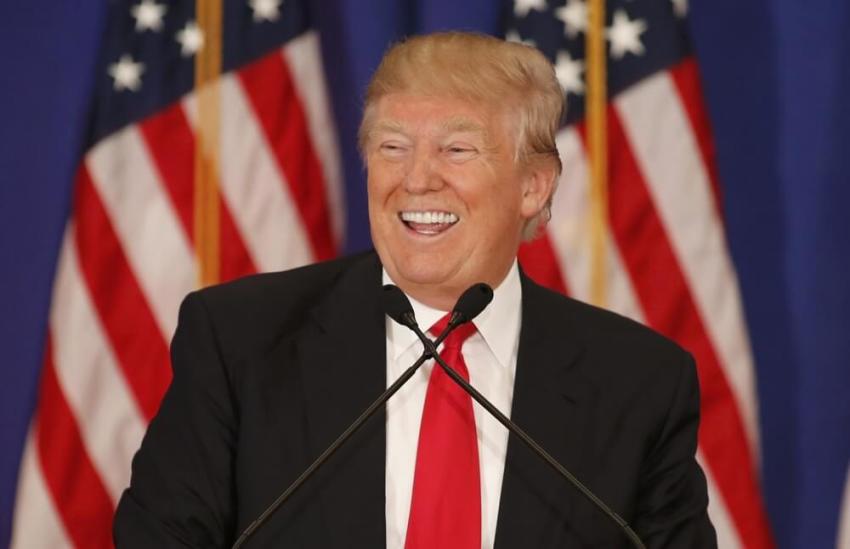Donald Trump Presidency More Dangerous to World Economy Than Global Terrorism, Economist Top 10 List Warns

A potential Donald Trump presidency could be more dangerous to the world's economy than the rising tide of global terrorism, the Economist Intelligence Unit has warned in its list of top 10 biggest economic risks facing the planet.
The EIU, an independent business within The Economist Group which publishes a number of reports each year on economic issues, put together a list of the 10 biggest threats it projects to the global economy for 2016 and beyond.
A potential presidency for Trump, who is currently leading the delegates field in the Republican race for the nomination, was listed as the sixth greatest danger – above the rising threat of jihadi terrorism; the prospect of the U.K. leaving the European Union; Chinese expansionism prompting a clash of arms in the South China Sea; and above a collapse in investment in the oil sector.
In its analysis of Trump, published on Thursday, the EIU said that he has shown himself to be "exceptionally hostile towards free trade," and has sought to alienate both China and Mexico in his rhetoric against both countries.
It added that Trump's "militaristic tendencies towards the Middle East," and his suggestion to ban all Muslims coming to America, could serve as a "potent recruitment tool for jihadi groups, increasing their threat both within the region and beyond."
EIU said that it does not expect Trump to defeat Hillary Clinton, whom it called "his most likely" Democratic contender, but noted that "the innate hostility within the Republican hierarchy towards Mr Trump, combined with the inevitable virulent Democratic opposition, will see many of his more radical policies blocked in Congress."
It also warned, however, that such internal strife would also undermine the coherence of domestic and foreign policymaking.
Trump has claimed repeatedly throughout his campaign that America is losing out financially to Mexico and China, and has called on big changes in deal-making with the two countries.
"When do we beat Mexico at the border? They're laughing at us, at our stupidity. And now they are beating us economically. They are not our friend, believe me. But they're killing us economically," the billionaire businessman said in June 2015.
He made similar statements about China, saying: "They're devaluing their currency to a level that you wouldn't believe. It makes it impossible for our companies to compete, impossible. They're killing us."
A CNN/ORC Poll earlier in March explored how well the different Republican candidates would hold up either against Clinton or her Democratic rival, Bernie Sanders, and found that Trump, if he earns the Republican nomination, would lose to both. The survey of 920 registered voters, which was conducted February 24-27, stated that Clinton would beat Trump 52 to 44 percent, while Sanders would win 55 to 43 percent.
The five global economic threats ranked above a potential Trump presidency in the EIU list include Greece leaving the EU, triggering the break-up of the euro zone; a fracturing of the entire EU; currency volatility which results in emerging markets corporate debt crisis; a new "cold war" due to Russian intervention in Ukraine and Syria; and finally the top ranked threat was unidentified as China experiencing a hard landing.
For China, the EIU warned that a slowing down of the country's economy would further feed an ongoing global commodity price slump, and would also have a "severe knock-on effect across the EU and the US — far more than would have been the case in earlier decades."



























